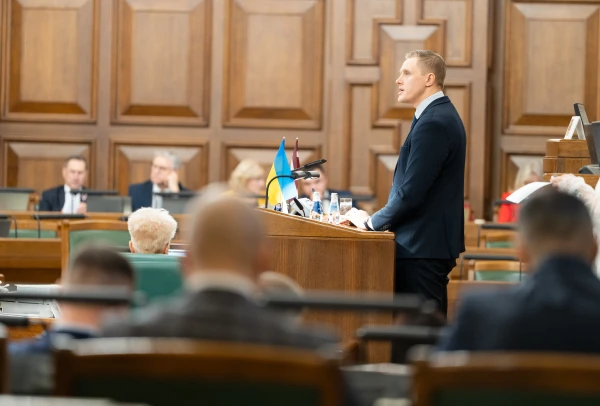
And after the former minority schools became Latvian schools, that is, fully transitioned to the state language, some teachers, both in communication among themselves and in communication with students — a terrible thing! — sometimes allow themselves to use their native language (in most cases — Russian).
Speaking among themselves in Russian? No way!
In order to put an end to such linguistic chaos, deputies of the Saeima from the National Alliance submitted amendments to the Education Law, prohibiting teachers from such practices.
In particular, deputy Janis Dombrava proposed the following amendment: "A teacher is obliged to improve their command of the language of instruction and the state language; in educational institutions, teachers must use the state language in communication among themselves and in communication with students, and a teacher must not allow actions that may raise doubts about the significance of the Latvian language."
As reported yesterday from the podium of the Saeima by the rapporteur on the education bill Antonina Nenashova ("Progressives"), this proposal by Dombrava was discussed for a long time in the committee meeting but ultimately was not supported.
Instead, the committee prepared an alternative amendment, which reads: "A teacher is obliged to improve their command of the language of instruction and the state language, not to allow actions that may raise doubts about the significance of the state language, and also, in the performance of their official duties, including in mutual communication and communication with students, to use the state language unless otherwise provided by regulatory acts."
This amendment seems to be softer than Dombrava's amendment, although it is also drafted so vaguely that it creates grounds for broad interpretation. For example, if a teacher during a break or after classes, while still within the school walls, is still performing their official duties? If officials decide that yes, then a conversation between a teacher and their colleague or with a student in Russian during a break, in the cafeteria, or on the way from the classroom to the cloakroom could also be considered a violation of the law - "actions that may raise doubts about the significance of the state language."
Deputy A. Nenashova, who worked as a school teacher before being elected to the Saeima, noted that situations can vary and it is necessary to refrain from adopting such norms in the law that do not correspond to real life and can be interpreted in different ways.
Go to school!
However, deputies from the National Alliance, the United List, and even the Union of Greens and Farmers disagreed with her.
"If the environment is not Latvian, if teachers do not communicate with each other in the state language, not only conducting lessons but also in the teachers' room, in the corridors, and during breaks with children, they will find it much harder to master the state language well and use it in everyday life, as many children, unfortunately, have very few opportunities to apply and improve these skills in families where Latvian is not spoken daily," stated the leader of the National Alliance Ilze Indrikson. Janis Dombrava echoed her:
"But the 'Progressives' do not want to strengthen the state language at all. They are ready to vote against the request regarding the deprivation of Avena's citizenship, and in this case too, they are looking for one argument, inventing another, just to avoid providing for the strengthening of the state language in educational institutions, including in communication with children. They want to continue imposing Russification... Well, go to Bauska, to Sigulda, to Saulkrasti! Well, visit these educational institutions...
I have been to many educational institutions in the regions of Latvia, conducted classes, and I see that everything is in very good condition, except for these few schools in Riga and Daugavpils, where this segregation has existed for a long time."
"I also do not speak Russian"
"Teachers are those who must show in the educational institution, I will say so, an uncompromising example of the use of the Latvian language for their students... Moreover, there are young Latvian teachers who do not speak Russian. I also do not speak Russian. They have the right to understand what their colleagues, who may speak some other language, are saying.
This proposal, in my opinion, might not have been necessary if everything were going well with the transition to the state language. In a unified school system with the state language - Latvian.
This proposal is needed to further establish that the Latvian language is the only language of communication in educational institutions," stated National Alliance deputy Jurģis Klotiņš.
As a result, the majority of deputies supported this "alternative" amendment in the second reading. For the third reading, deputies promise to make the amendment more precise from a legal standpoint.
Those voting "against" the actual ban on teachers using their native language in communication among themselves and with students included deputies from the "Stability!" faction, several independent deputies, and part of the deputies from "Latvia First", as well as two deputies from the "Progressives" faction. Another part of the deputies from "Latvia First" and the "Progressives" faction abstained from voting...
Fines - to protect the state language!
This linguistic saga in the Saeima is not over yet. Deputies agreed to support in the zero reading the proposals from "New Unity" for a sharp increase in fines for violations in the field of language policy.
The necessity for such tightening was justified by deputy Ilze Vergina: The Latvian language is the foundation of national identity and security of Latvia, and the protection of its use is a common responsibility of the state. Especially in today’s geopolitical conditions, when there are various risks of external attempts to influence and degrade the role, value, and significance of the state language, it is particularly necessary to take positive measures and actively protect the use of the state language.
The State Language Center has identified more than four thousand violations in recent years, including those related to conscious actions - refusal to use the Latvian language in professional activities or public spaces. The current fines for such violations are outdated, having lost their preventive impact...
But that’s not all - by a majority vote, the Saeima referred the National Alliance's draft to the parliamentary committee with a mandate for the Prime Minister to prohibit the use of any language other than Latvian in state and municipal institutions, including in communication among employees.

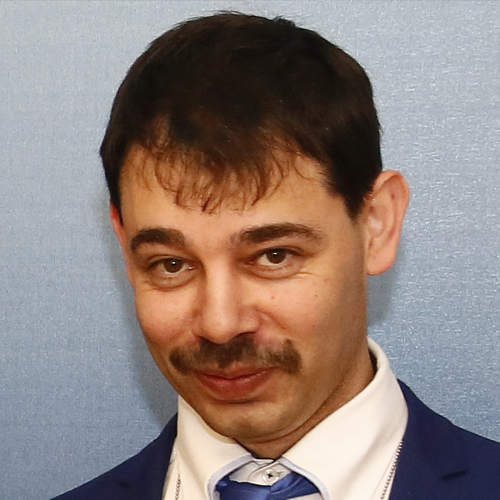
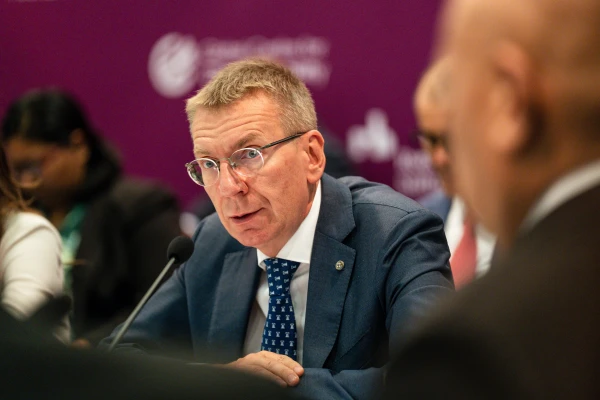
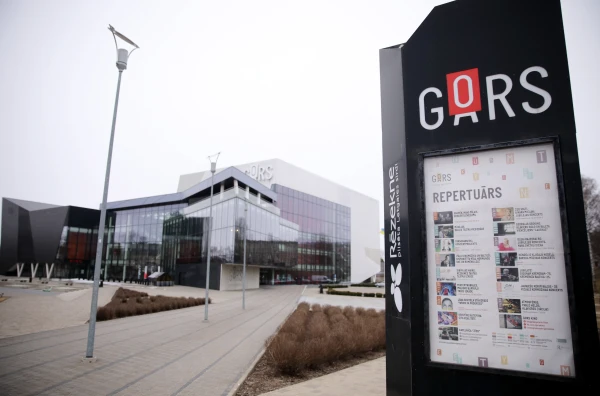
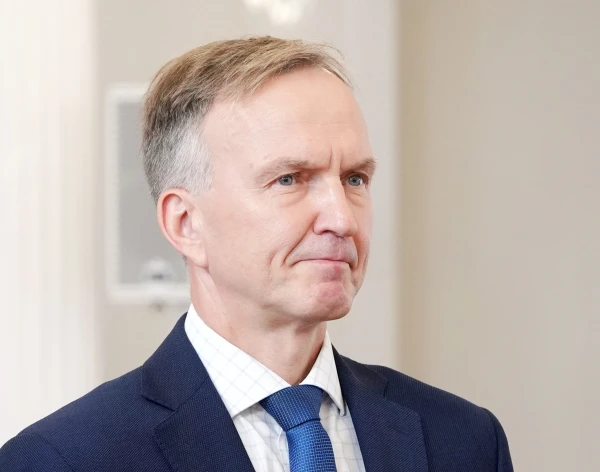

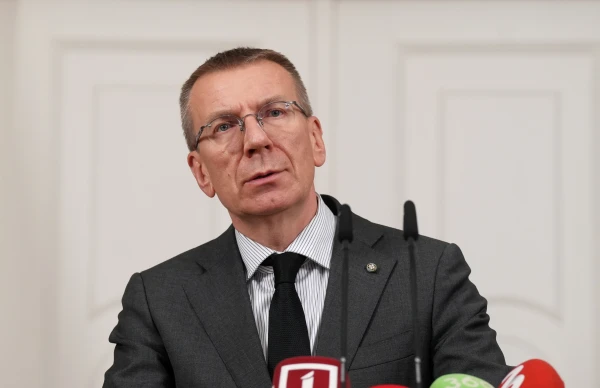
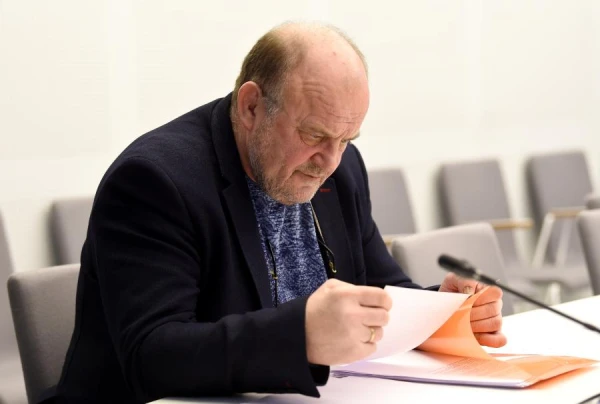

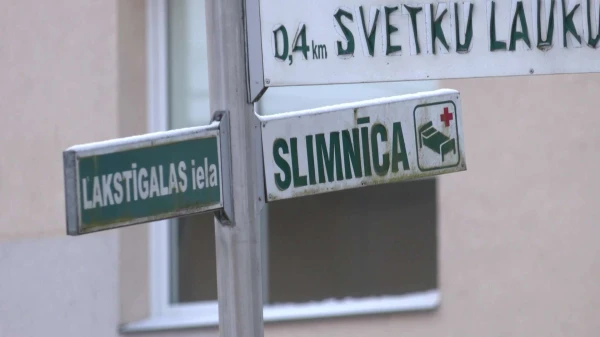
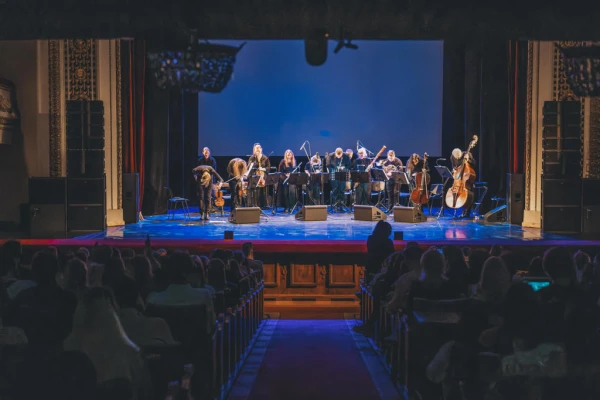


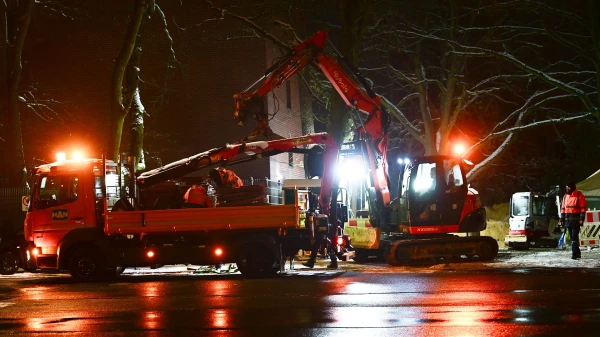
Leave a comment